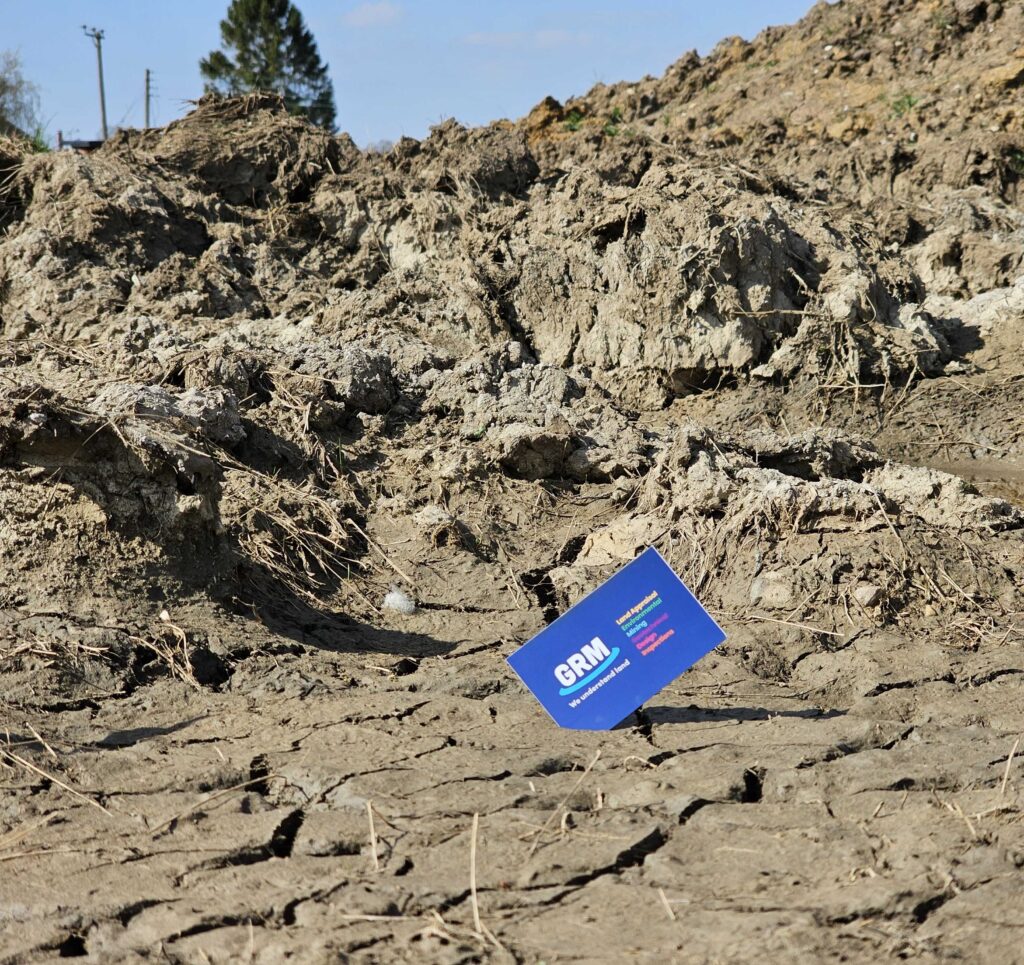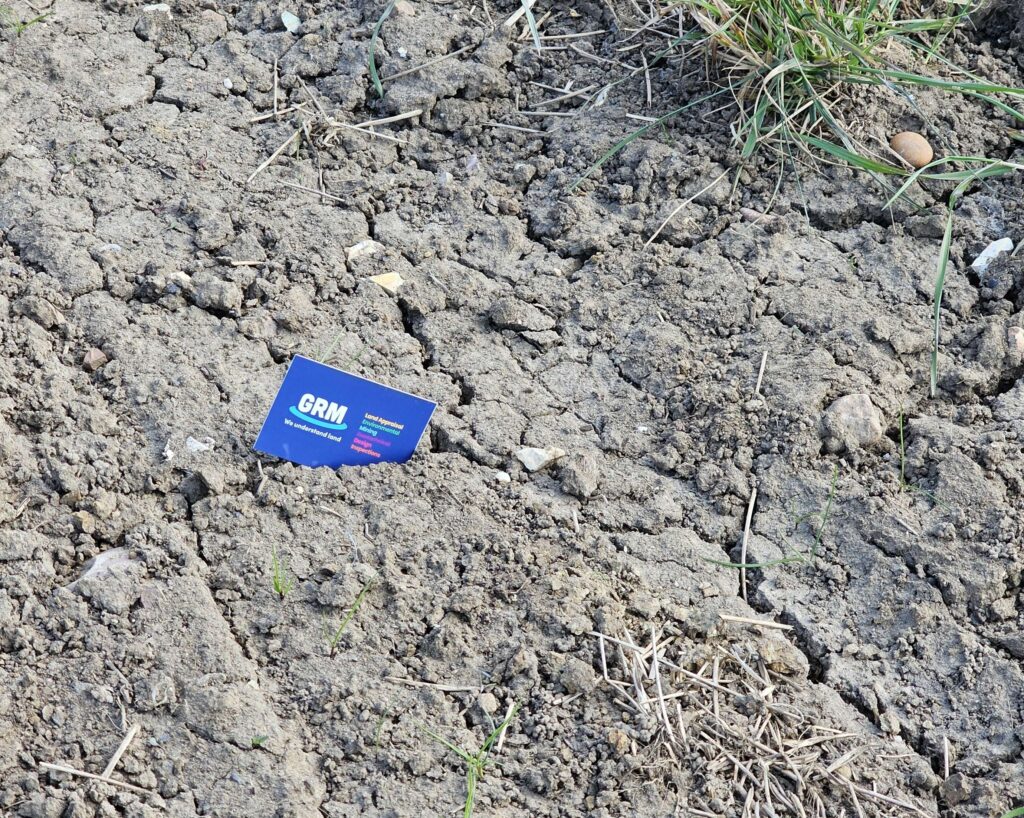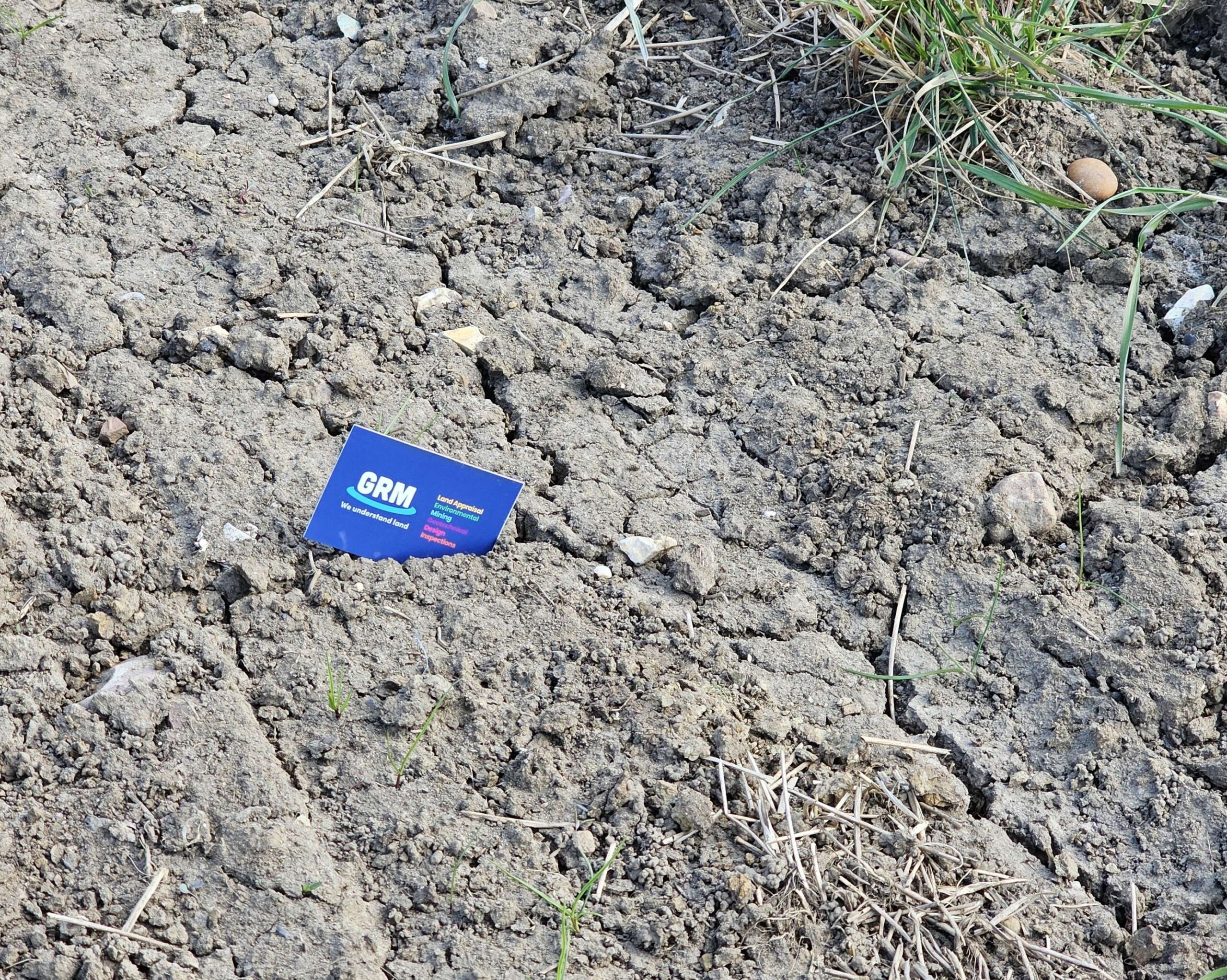The spell of warm and dry weather towards the end of March and a distinct lack of ‘April Showers’ so far this month have created pleasant conditions for our field-based teams working on a wide range of land development projects.
However, drying soils also provide a timely reminder that desiccation can cause significant potential risks to building foundations.
Soil desiccation testing is a crucial process where development foundations are near previous or existing trees, or the formation has been left exposed to the sun as clay soils shrink when dried and swell when subsequently wetted, causing subsidence and then heave. This testing determines the extent to which soil has dried out, or desiccated, which can significantly impact the stability and structure of buildings if the foundations are not deep enough, and heave precautions not used.
Soil moisture content is a critical factor in understanding the behaviour of clay soils, which can shrink or swell depending on the moisture level. These changes can lead to structural issues in buildings (subsidence or heave). Desiccation testing helps quantify these risks, allowing for the implementation of measures to prevent damage and to potentially reduce construction costs by determining safe bearing levels, allowing alternative foundation solutions to piling and potentially enabling shallower foundations than specified by warranty provider guidance.
GRM can provide ground investigation, foundation design and site inspection services which can help manage the risks posed by tree or seasonal desiccation, as unnecessarily allowing for these, or recovering from the effects of them can be very costly. If you have any development or construction projects, then please get in touch to find out how we can help save both time and costs. Please use your main point of contact at GRM or for new enquiries email richard.upton@grm-uk.com or call 01283 551249.




